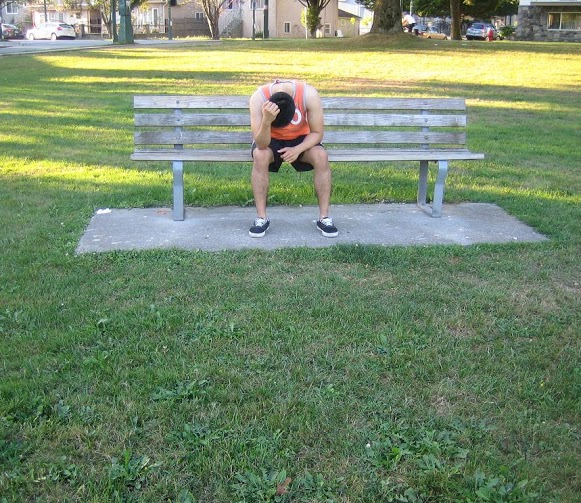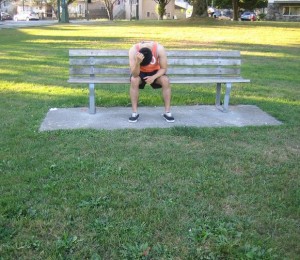Motion sickness typically occurs among individuals who ride on a boat. Remember that any form of motion can trigger the condition including rides at the carnival. All of us will eventually experience motion sickness if the body is subjected to enough motion.
How does it occur?
The inner ear is responsible for maintaining balance, sense of spatial awareness and equilibrium. This is accomplished by the inner ear with the help of the eyes and proprioception. The inner ear, proprioception and vision work together to comprise the vestibular system. If an individual becomes dizzy, the reason is that one or more these systems are impaired or not working together.
Motion can cause these systems to go out of sync with one other. It is recommended to look out the window to keep the vestibular system in sync.
What are the indications of motion sickness?
The indications of motion sickness can be minor or severe. Some individuals are more susceptible to the condition than others. Infants and toddlers rarely suffer from motion sickness but children between 2-12 years old are prone. Even pregnant women or others who suffer from migraines are likely to experience the condition. The symptoms that will manifest might include some or all of the following:
- Nausea
- Vomiting
- Cold sweats
- Dizziness
The indications of motion sickness can be minor or severe. Some individuals are more susceptible to the condition than others. - Yawning
- Headache
- Malaise
- Generalized feeling that something is not right or feeling unwell
- Dilated pupils in some individuals
Management and prevention
There are ways to prevent or minimize the symptoms of motion sickness without any medications such as the following:
- Allow the individual to sit in the front seat of the vehicle or at least just close to the window
- If possible, allow the individual to drive.
- Avoid reading while travelling in a plane, car or boat
- Avoid eating greasy, spicy foods or large-sized meals before travelling
- Focus on something in the distance instead of objects inside the vehicle
- In some individuals, drinking any caffeine-based beverage can help
- Encourage the individual to chew on fresh ginger, using ginger in tablet form or other preparations to hasten the rate in which the stomach empties to help with nausea and vomiting.
Medications
There are various over-the-counter medications for motion sickness but severe cases would require prescription variants. Most of these medications can trigger drowsiness and some should not be given to children. With this in mind, it is vital to carefully read the packaging instructions and consult a doctor.
Common OTC medications
- Diphenhydramine
- Dimenhydrinate
- Meclizine
Prescription medications
- Scopolamine
- Metoclopramide
- Promethazine


